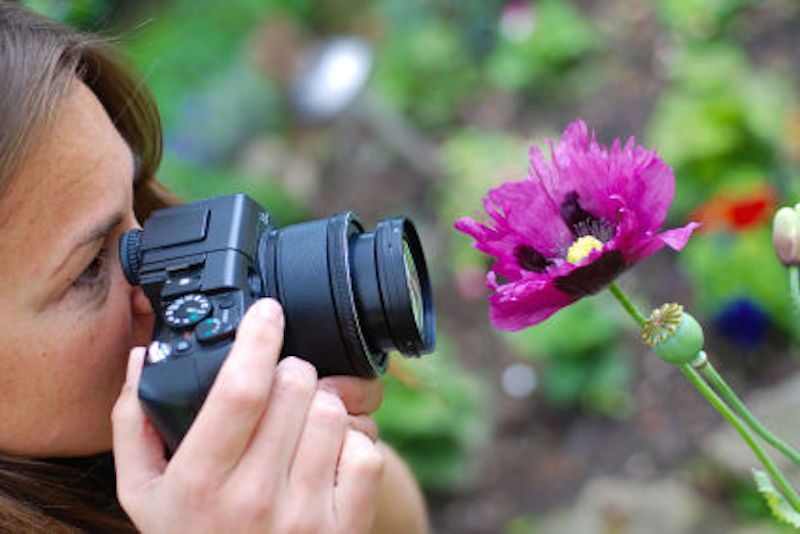Trying to Capture It All
Jill Reid
 This Christmas, my daughter received her first diary. She did not expect or ask for it. But as I sat on the bookstore floor, figuring how many Amelia Bedelia books and candy canes would slide into her reindeer stocking, I saw it—a small diary, the cover bright with a single blue owl, its giant eyes wide open and jewel yellow. On Christmas morning when she dumped her stocking, two Amelia Bedelia books and one blue owl diary, replete with a lock and two tiny silver keys, tumbled into her growing pile of presents. I fumbled for my camera only to realize I had forgotten to change the batteries. The irony of the instant thickened; Ellie smiled at her diary, and I lost one of the morning’s moments I meant to keep.
This Christmas, my daughter received her first diary. She did not expect or ask for it. But as I sat on the bookstore floor, figuring how many Amelia Bedelia books and candy canes would slide into her reindeer stocking, I saw it—a small diary, the cover bright with a single blue owl, its giant eyes wide open and jewel yellow. On Christmas morning when she dumped her stocking, two Amelia Bedelia books and one blue owl diary, replete with a lock and two tiny silver keys, tumbled into her growing pile of presents. I fumbled for my camera only to realize I had forgotten to change the batteries. The irony of the instant thickened; Ellie smiled at her diary, and I lost one of the morning’s moments I meant to keep.
Maybe my being a writer has strengthened my notion that first journals are a pretty big deal. I still remember mine—its sky-blue cover, the pages tall and crisp, silver lined and longing for the blue ink of its attached pen. I wanted to write down everything. And that felt exciting and also bit like a burden.
In his book, All Over But the Shoutin', Rick Bragg acknowledges the importance of a single moment: “It was a good moment, the kind you would like to press between the pages of a book, or hide in your sock drawer, so you could touch it again.” Bragg’s words suggest something of the writer’s intense desire to frame instances in ways that feel concrete and touchable. Even before that first diary, I hardly remember a time when I did not feel a need to record what I noticed with words that tried to get inside the noticing and hold the smell and look and feel of the moment in ways that felt true. The problem, though, is that everything, every smell and texture and color, clamors to be noticed. So much pleads for attention, and part of being human means there is only so much attention to spend on any given moment.
As a writer and now, as a parent too, I struggle with urgency, with the frantic need to capture the moment, all of the moments: ordinary Tuesdays and boring three o’clocks as well as Christmas plays and birthday milestones and even the way the light bloomed in one open patch of cloud cover on my way to the coffee shop this morning. All of it seems important. It feels a waste to let any of it go unnoticed and unwritten. There is a pleasure and also a heaviness in knowing what words can do—the power of discovery they wield, the way they hold to the wisp of an instance even after it has dissolved.
But something has occurred to me in the slow writing of this piece, something so simple and basic, that I am ashamed to have forgotten it. Each day I bear witness to acts of grace around me—the unexpected gift of a diary or the surprise of light breaking through cloud. Perhaps it is easy to forget, in all this noticing and rendering, that grace is also offered to the writer. Spilling into the fissures and cracks of my own lack and finiteness is the same grace I watch play out in the moments that surround me. Somehow and without my remembering to expect or ask, another Tuesday, another three o’clock, another moment arrives like an offering. Maybe I will miss some of what I mean to see or remember or write down. But that’s okay, because grace also comes in the remembering that as a writer (and a parent) I am allowed to do more than merely capture moments or lament missing them. I am also free to create them.